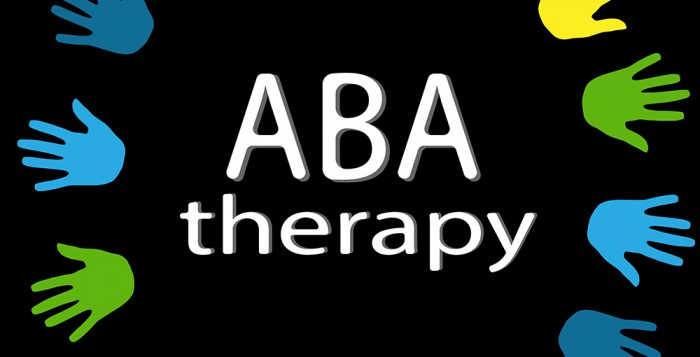The commencement of Certified Community Behavioral Health Clinics through Pennsylvania’s Department of Human Services, and the growing movement of individual providers to create medical homes to provide clients with co-located mental health and primary care providers in one facility, holds tremendous promise and opportunity for the coordination and enhancement of delivery of care to clients. These new provider relationships in shared office and facility spaces create new legal issues for providers under the federal Stark law and Anti-kickback statute. Providers must ensure that they do not inadvertently run afoul of these important federal fraud and abuse laws.
RCPA will offer a webinar presented by Renee H. Martin, JD, RN, MSN, a partner in the firm of Dilworth Paxson, LLP. This webinar will describe the legal requirements providers must be aware of under these federal laws and help to apply that knowledge in structuring financial relationships for use of these shared spaces. The webinar is intended for provider organizations’ executive staff, project planners, and legal counsel.
Stark Law and Integrated Health Care Webinar
Wednesday, June 29
12:00 – 1:00 pm
Register today
- RCPA member registration is $25
- Non-member registration is $40
Presenter: Ms. Martin exclusively practices health care law and advises both individual and institutional health care providers on regulatory and transactional matters. A significant portion of her practice centers on mental health and substance abuse law, including HIPAA, informational privacy, and fraud and abuse compliance. Ms. Martin has assisted in the formation of regional health information centers and mental health medical homes, working closely with federally qualified health centers and mental health providers.
RCPA will now distribute INFOS and ALERTS covering research, delivery and training models, policy issues, and other topics that will inform our members about collaborative, integrated, and co-located health care. To subscribe to this distribution list, select this link and check “Integrated Care.” This will add to your existing email preference selections.

















